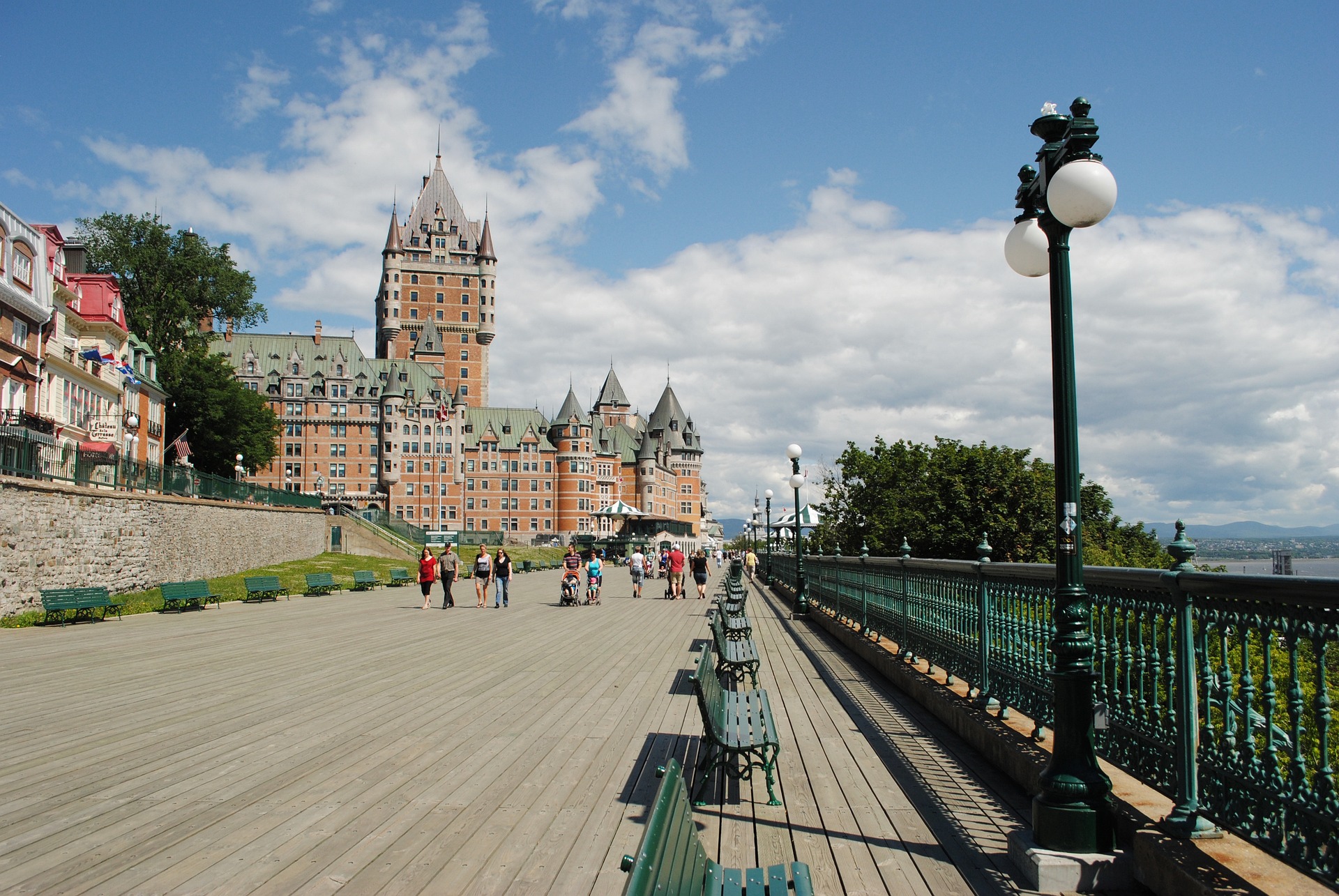Canada is a country with a rich and diverse history and geography. From the rugged coastlines of the Atlantic provinces to the towering peaks of the Rocky Mountains, Canada is home to a wide variety of landscapes and cultures. In this article, we will take a look at the history and geography of Canada, from the First Nations to modern day. We will explore the diverse cultures of the Indigenous peoples, the impact of European colonization, the formation of the Dominion of Canada, the political and economic developments of the 20th century and the current issues and challenges facing Canada.
The First Nations
The Indigenous peoples of Canada have a rich and diverse culture, and have played a significant role in shaping the country’s history. These peoples have lived in Canada for thousands of years and their customs and traditions are an important part of the country’s heritage. The Indigenous peoples in Canada are made up of many different groups, each with their own language, culture and history. The Inuit, First Nations and Metis are the three main groups that make up the Indigenous peoples of Canada.
The arrival of European explorers in the late 15th and early 16th centuries had a profound impact on the First Nations. They were forced to adapt to new ways of life and suffered greatly under colonization. European explorers brought diseases that decimated Indigenous populations and the settlers took over their land, resources and culture. The impact of European colonization on the First Nations is still felt to this day. The Indian Act, which was passed in 1876, aimed to assimilate the Indigenous peoples into European culture by taking away their land, culture and language. The government has taken steps to address this through reconciliation and reparations. The Truth and Reconciliation Commission of Canada, which was established in 2008, aimed to uncover the truth about the residential school system and its impact on Indigenous peoples. The government has also implemented the United Nations Declaration on the Rights of Indigenous Peoples and has taken steps to address the issues of land rights and self-government for Indigenous peoples.
Early European Exploration and Settlement
French and British exploration and colonization of Canada began in the late 15th century. The French established settlements in present-day Quebec and the British in present-day Nova Scotia. The fur trade, in which the Indigenous peoples were heavily involved, was one of the main driving forces of European exploration and settlement in Canada. The fur trade brought wealth to the European settlers, but it also had a negative impact on the Indigenous peoples. Many Indigenous communities were displaced and their traditional ways of life were destroyed.
The development of the fur trade had a significant impact on the Indigenous peoples, as it led to the displacement of many communities and the destruction of traditional ways of life. The Indigenous peoples were often forced to work as trappers and hunters for the European fur traders and were not compensated fairly for their labor. The fur trade also led to the depletion of many animal populations, which had a negative impact on the Indigenous peoples’ way of life.
British North America and Confederation
In the 18th and 19th centuries, British North America underwent significant political and economic changes. The colonies of Nova Scotia, New Brunswick, and the Province of Canada were united to form the Dominion of Canada in 1867, marking the beginning of Canada as a self-governing country. This was a significant event in the country’s history, as it marked the beginning of a new era of nationhood and self-government.
Confederation was not a unanimous decision, there were several colonies that rejected the idea, particularly the colony of British Columbia, which only joined the confederation after the promise of a transcontinental railway was made. The construction of this railway was one of the most important economic and political developments in the country’s history, as it allowed for the expansion and settlement of Western Canada, and it also helped to bring the country together as a unified nation.
Modern Day Canada
In the 20th century, Canada underwent significant economic and political developments. The country’s economy grew rapidly and it became a major player in international affairs. Canada’s role in the two world wars and its membership in the British Commonwealth, the United Nations, and later NATO, G7, G20 etc. have helped to establish the country as a respected and influential member of the international community. The country also developed a strong social safety net, which includes universal healthcare and a publicly funded education system.
Today, Canada faces a number of challenges, including climate change, relations with its southern neighbor, and Indigenous reconciliation. Climate change is having a major impact on the country’s natural resources and ecosystems, and it is also affecting the health and well-being of Canadians. Canada’s relationship with the United States, its closest neighbor and largest trading partner, is also a source of ongoing concern. Additionally, the Indigenous reconciliation process is still ongoing and requires a lot of work to be done. The country has a number of programs and initiatives in place to address these issues, but there is still much work to be done. In summary, Canada’s history and geography are diverse and complex. From the First Nations to modern day, the country has undergone significant changes and continues to evolve. The country has a rich cultural heritage, a diverse population, and a strong economy, which are all major strengths. As Canada looks to the future, it will continue to be shaped by its unique history and geography, as well as the challenges and opportunities that lie ahead. With a strong sense of nationhood and a commitment to addressing difficult issues, Canada is well-positioned to continue to be a leader on the world stage. The country has a lot to offer, and it will continue to play an important role in shaping the future of the world.

